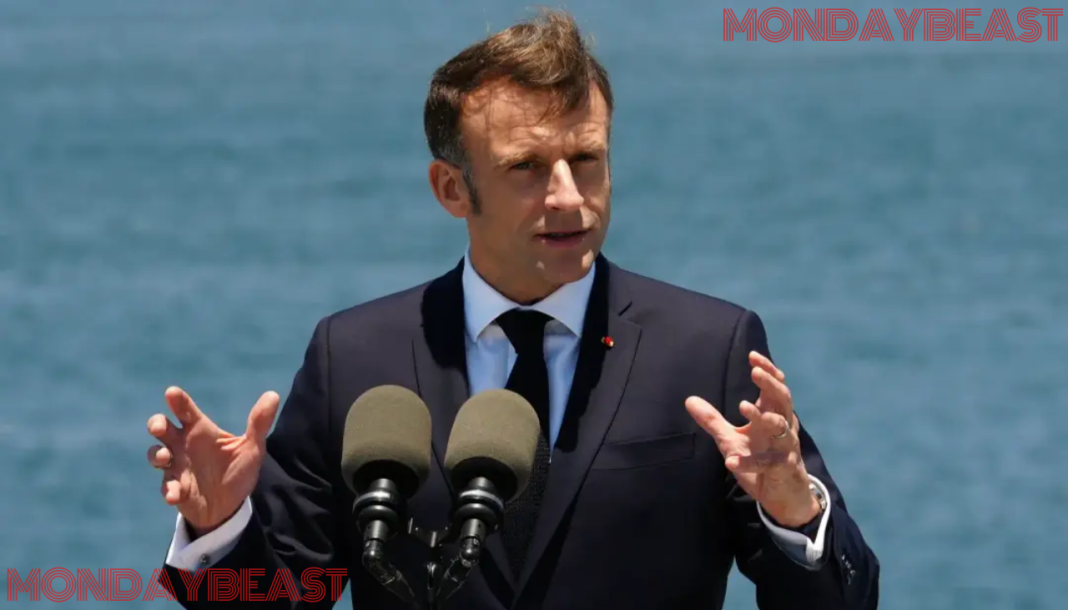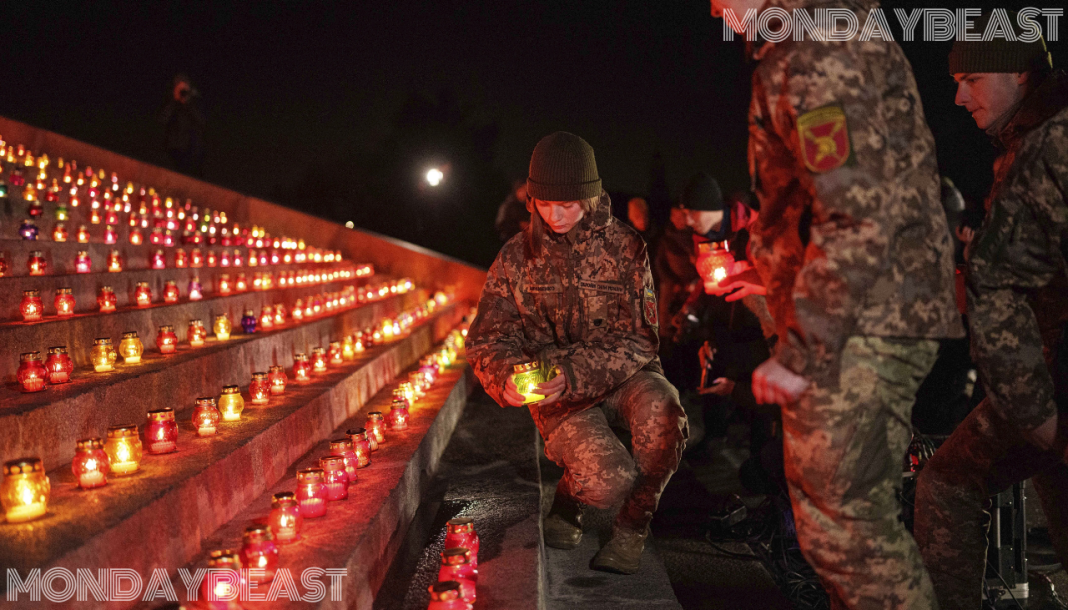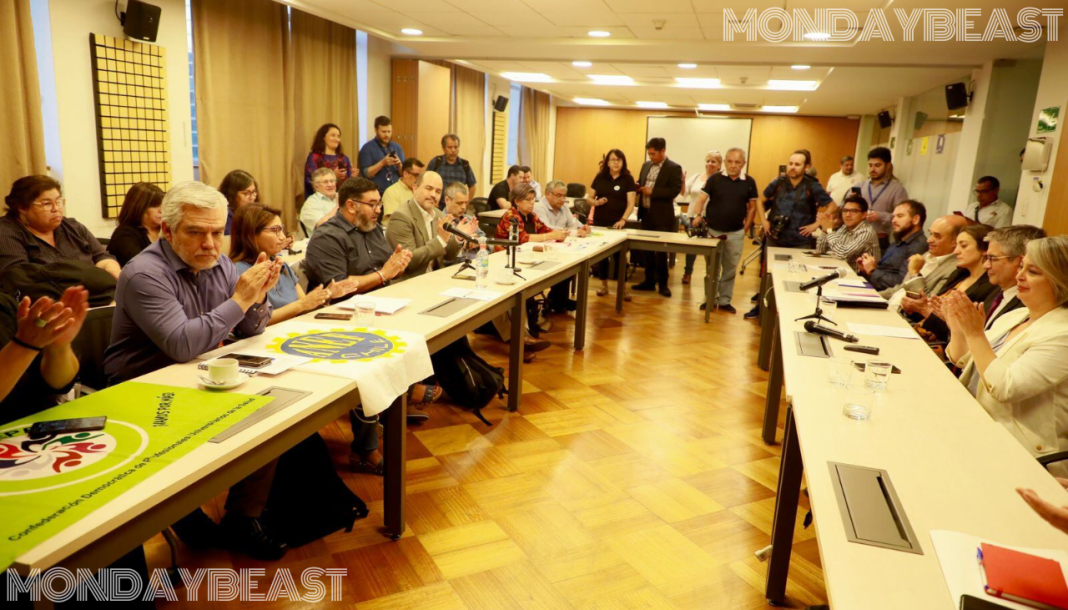Macron’s Reaction to Haiti’s Political Crisis
At the recent G20 summit, French President Emmanuel Macron made headlines. His remarks regarding Haiti’s transitional council stirred up considerable controversy. One clip shows him labeling Haitian officials as “total morons.”
The backdrop is important. Haiti has been embroiled in political chaos for years. Yet, the recent dismissal of Prime Minister Garry Conille, just five months into his term, marks another low point. Macron’s characterizations are blunt. He said it was “terrible” what had occurred. Could this be the moment when the international community must take a hard look at its interventions, or lack thereof?
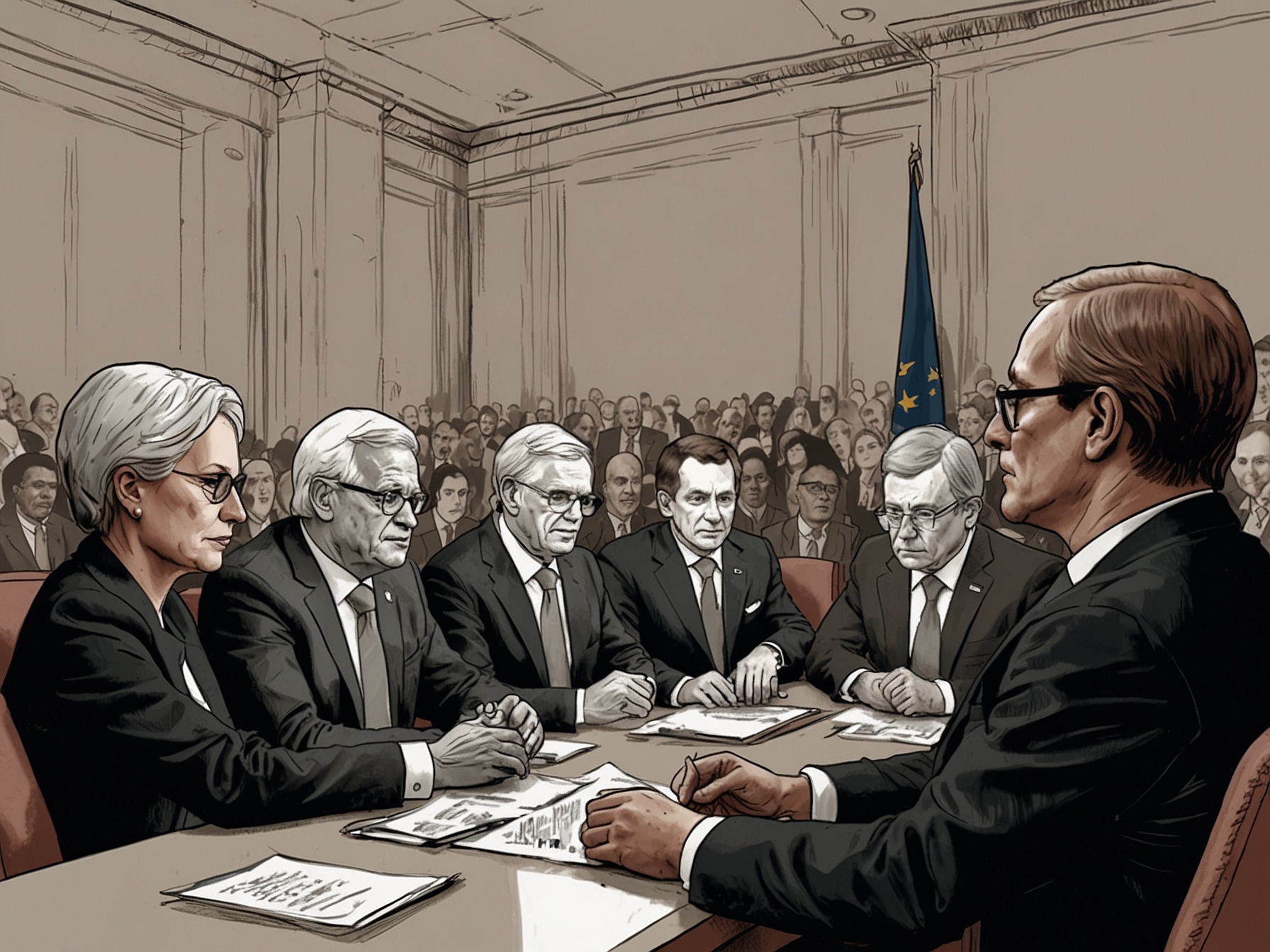
What’s alarming here is not just Macron’s words. It’s the context. Haiti has grappled with decades of unrest. Recently, violence has surged, with gangs taking control of large areas of Port-au-Prince. Macron’s statement about how “the Haitians killed Haiti” sends shockwaves. Are external forces entirely to blame for the situation?
Responses from Haiti: Anger and Condemnation
In reaction to Macron’s comments, Haiti’s foreign ministry did not hold back. They summoned French ambassador Antoine Michon for an explanation. The Haitian foreign affairs minister, Jean-Victor Harvel Jean-Baptiste, expressed “indignation.” This showcases a nation tired of external finger-pointing.
Haiti views itself not merely as a victim of circumstance but as a country filled with agency. The transitional council responded to what they perceived as “unfriendly and inappropriate” comments. This diplomatic spat raises a critical question: how can dialogue flourish when leaders throw accusations like footballs?
Haiti’s Ongoing Struggles: A Complex Narrative
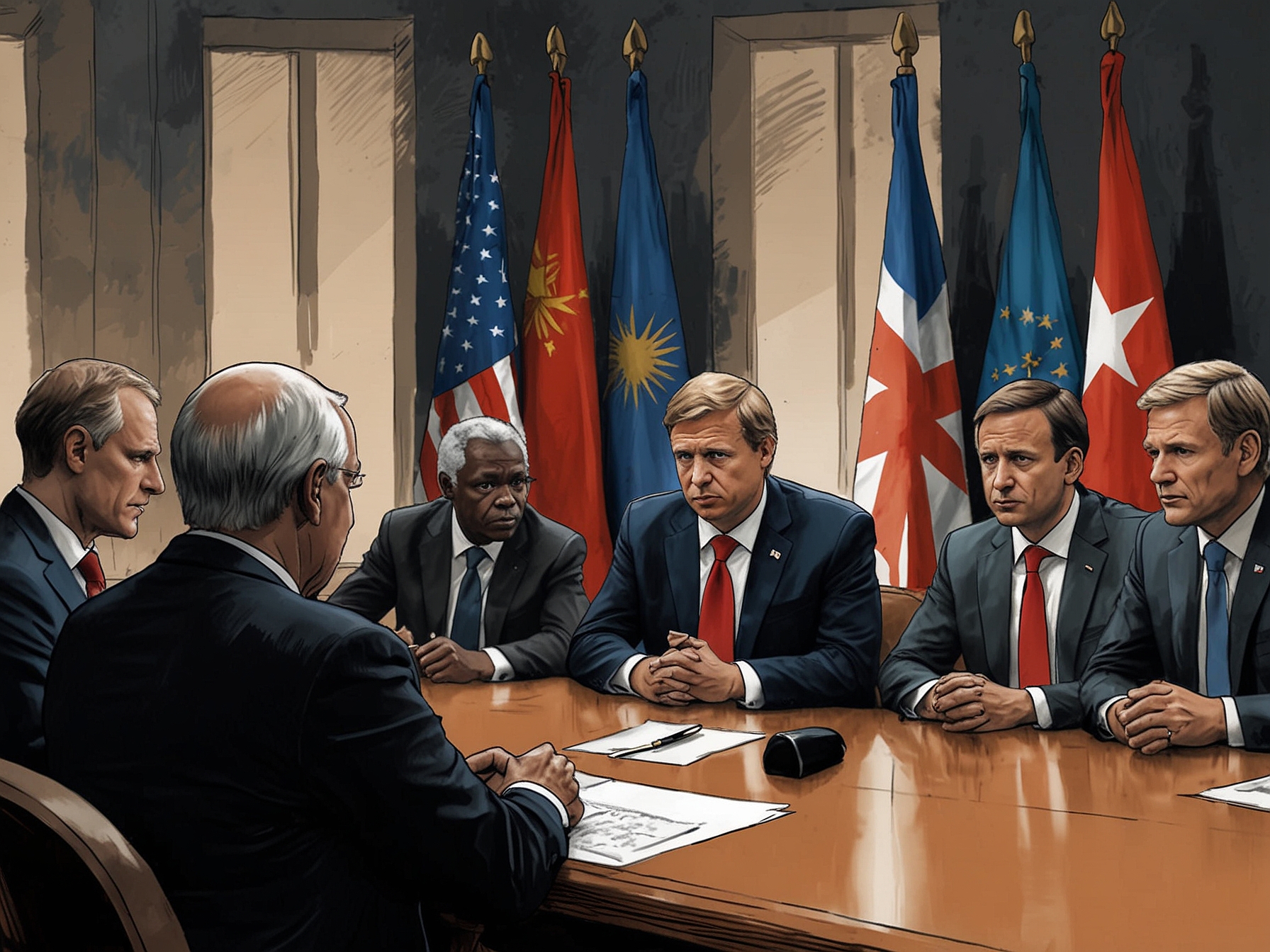
Haiti is a country layered with complexity. It is not just political instability but also a society yearning for change. The newly appointed Prime Minister, Alix Didier Fils-Aime, has vowed to curb the rampant violence. But can one person truly turn around a ship that has been adrift for so long?
When we dissect the statistics, it’s bleak. Gangs now control around 80% of Port-au-Prince. The question looms heavy: what does it mean for ordinary Haitians? Many feel caught in a cycle of violence and neglect. The narrative often overlooks the voices of the people. Their stories of survival and resilience often remain unheard amid political drama.
Is Macron’s Blame Game Justified?
While Macron made strong statements, he may have glossed over the deeper roots of Haiti’s challenges. The legacy of colonialism looms large. France’s historical influence cannot be dismissed entirely. Is it fair to lay blame solely at the feet of Haitian governance?
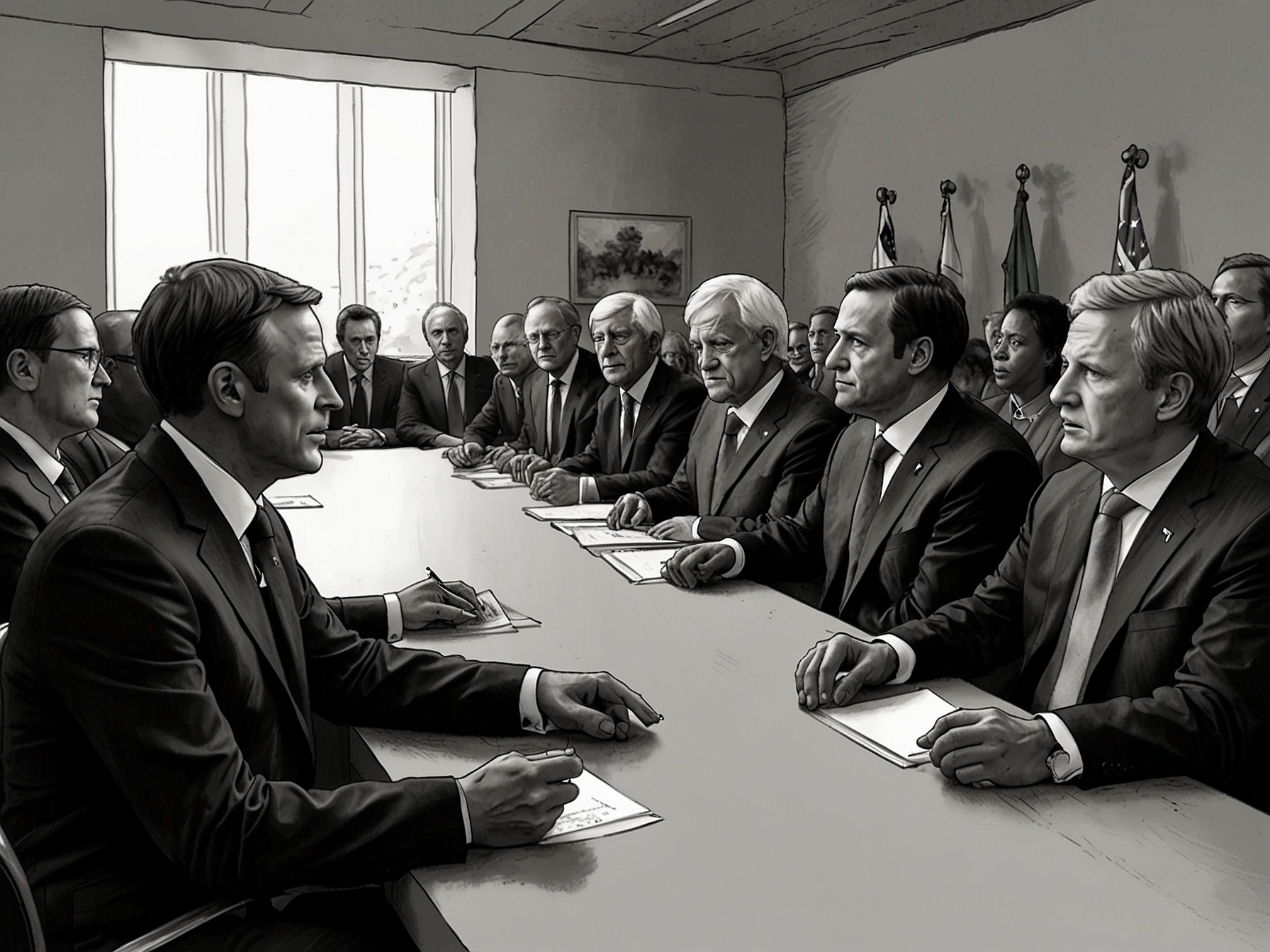
Haitians deserve a chance to address their own issues without external blame. Yes, there’s corruption. Yes, there’s instability. But understanding requires delving beneath the surface. The complexity of the nation’s history plays a fundamental role in its present struggles. Shouldn’t we be asking: how can we support Haitians in rebuilding their country?
Conclusion: A Call for Thoughtful Engagement
In the wake of Macron’s comments, it’s essential to consider the broader implications. Are we stuck in a cycle of blame, or can there be meaningful partnership? As Haiti navigates its challenges, the international community should listen, not lecture. It’s time for a dialogue rooted in mutual respect.
How will the world choose to engage with Haiti moving forward? These are critical questions to ponder as we witness the unfolding narrative of this resilient nation.

